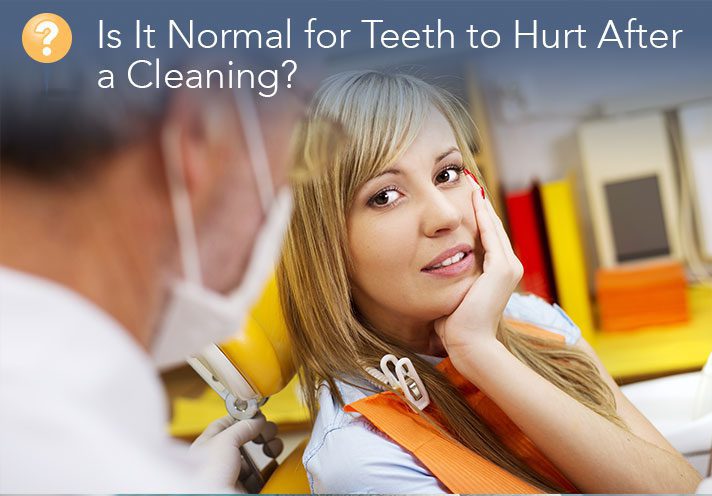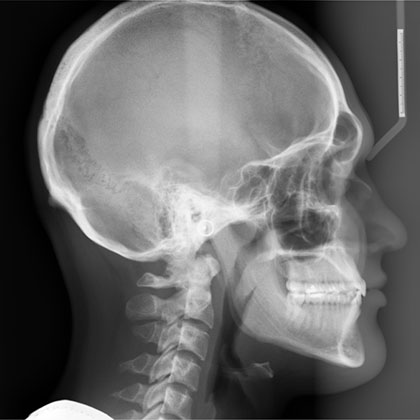Teeth Hurt After Cleaning

The dreaded discomfort that can follow a dental cleaning. If you’re experiencing teeth hurt after cleaning, you’re not alone. This phenomenon is more common than you might think, and there are several reasons why it might occur. In this article, we’ll delve into the possible causes of tooth sensitivity or pain after a cleaning, what you can do to alleviate the discomfort, and how to prevent it from happening in the future.
First, let’s explore the reasons behind this unpleasant sensation. One of the primary causes of teeth hurt after cleaning is the removal of plaque and tartar. When these substances are removed, the gums can become inflamed, leading to sensitivity. Additionally, the cleaning process itself can cause micro-scratches on the tooth surface, which can expose the dentin and lead to sensitivity. Other factors, such as gum recession, tooth decay, or cracks in the teeth, can also contribute to the discomfort.
To alleviate the discomfort, there are several steps you can take. One of the most effective ways to reduce sensitivity is to use a desensitizing toothpaste. These toothpastes contain ingredients such as potassium nitrate or strontium chloride, which help block the dentinal tubules and reduce the flow of fluids that can stimulate the nerves. You can also try using a soft-bristled toothbrush and gentle circular motions to clean your teeth, rather than using a hard-bristled toothbrush or aggressive brushing technique.
Pros of Desensitizing Toothpaste:
- Reduces sensitivity and discomfort
- Easy to use and incorporate into daily oral hygiene routine
- Available in various flavors and brands
Cons of Desensitizing Toothpaste:
- May not be effective for severe sensitivity
- Can take several weeks to notice significant improvement
- May not address underlying causes of sensitivity
Another approach to reducing sensitivity is to use a fluoride varnish or gel. These products can help strengthen the tooth enamel and reduce the flow of fluids through the dentinal tubules. Your dentist may apply a fluoride varnish or gel during your cleaning appointment, or you can use an over-the-counter fluoride mouthwash at home.
Using a Fluoride Mouthwash:
- Rinse your mouth with water to remove any debris
- Swish the fluoride mouthwash around your mouth for 30 seconds to 1 minute
- Spit out the mouthwash and do not swallow
- Rinse your mouth with water to remove any remaining mouthwash
In addition to these remedies, it’s essential to maintain good oral hygiene practices to prevent sensitivity and discomfort after a cleaning. This includes brushing your teeth at least twice a day with a soft-bristled toothbrush and gentle toothpaste, flossing once a day to remove plaque and debris, and visiting your dentist regularly for cleanings and check-ups.
Preventing teeth hurt after cleaning requires a combination of good oral hygiene practices, regular dental visits, and the use of desensitizing products. By taking these steps, you can reduce the likelihood of discomfort and maintain a healthy, happy smile.
In conclusion, teeth hurt after cleaning can be an unpleasant but common experience. By understanding the causes of this discomfort and taking steps to alleviate it, you can reduce the sensitivity and maintain good oral health. Remember to consult with your dentist if the pain persists or is severe, as they can help identify any underlying conditions that may need attention.
What are the most common causes of teeth hurt after cleaning?
+The most common causes of teeth hurt after cleaning include the removal of plaque and tartar, micro-scratches on the tooth surface, gum recession, tooth decay, and cracks in the teeth.
How can I alleviate teeth hurt after cleaning?
+You can alleviate teeth hurt after cleaning by using a desensitizing toothpaste, a soft-bristled toothbrush and gentle circular motions, and a fluoride varnish or gel. You can also try using a fluoride mouthwash at home.
How can I prevent teeth hurt after cleaning?
+You can prevent teeth hurt after cleaning by maintaining good oral hygiene practices, including brushing your teeth at least twice a day with a soft-bristled toothbrush and gentle toothpaste, flossing once a day, and visiting your dentist regularly for cleanings and check-ups.
By following these tips and maintaining good oral health, you can reduce the likelihood of teeth hurt after cleaning and enjoy a healthy, comfortable smile. Remember to consult with your dentist if you have any concerns or questions about your oral health.
